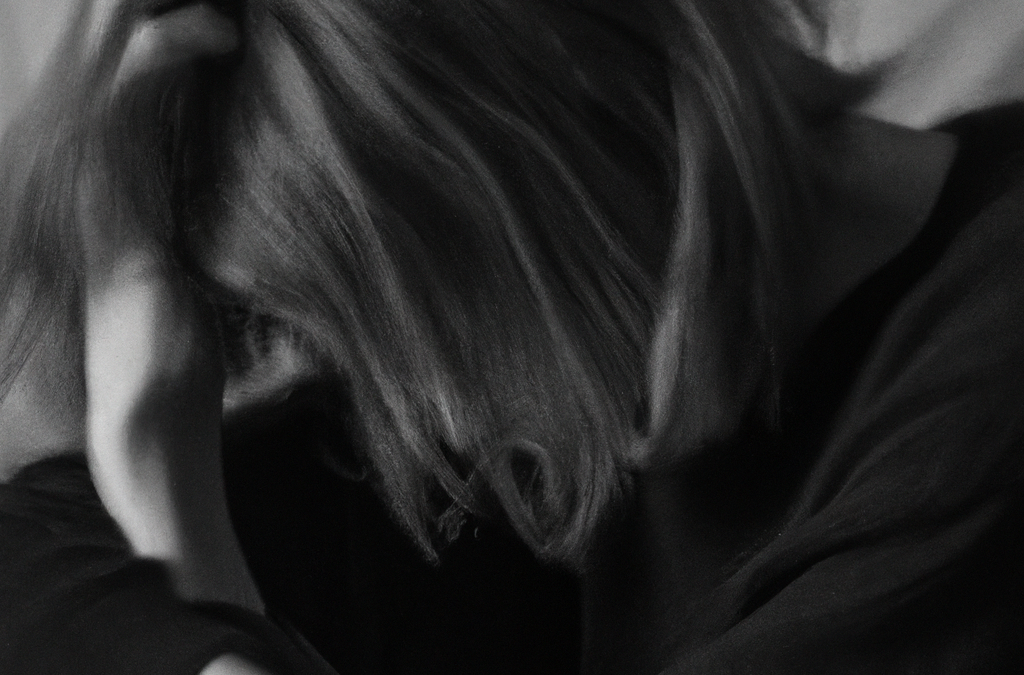Cocaine Abuse and Addiction
855 339 1112
Cocaine Abuse and Addiction Affecting a Person
Cocaine abuse can cause a strain on the heart. Cardiac arrest and stroke are the most common causes of death in cocaine users.
Cocaine Overview, Cocaine Abuse and Effects, Cocaine Addiction, Rehab is Your Best Chance
Cocaine is known as the “rich man’s drug” because it is both addictive and expensive. But even so, more people are taken to emergency rooms for cocaine-related issues than any other illicit substance. That’s why it is important to look beyond its reputation to understand what this drug is and what it can do to a person.
From 2011 to 2012, the number of people with a cocaine dependence increased by approximately 300,000 people. In fact, in 2012, over 600,000 people tried cocaine for the first time. That same year, around 658,000 people received treatment for cocaine addiction.
68 percent of individuals admitted to emergency rooms for cocaine-related issues had more than one drug in their system.
These statistics show that cocaine abuse is a serious problem, and that loved ones should know how to recognize the signs of addiction.
Cocaine Overview
Just like caffeine, cocaine is a stimulant that makes users feel euphoric and alert. Also known as coke, blow, or powder, it comes in the form of a white powdery substance that is typically snorted or smoked. Some users dissolve it in water and inject it directly into their bloodstream for a more intense high.
When taken, cocaine reacts with the body’s central nervous system, producing energy and euphoria. The drug stimulates high levels of dopamine, which is a chemical in the brain that is associated with pleasure and reward.
Despite the fact that most people know it is addictive, thousands are still drawn to cocaine. An estimated 1,800 Americans experiment with cocaine for the first time each day. This puts them at risk of severe adverse effects, which we will discuss below.

Cocaine Abuse and Effects
Because cocaine is an illegal substance, any use of it is considered abuse. Over time, cocaine’s effects manifest and negatively impact every part of the body. Continued abuse puts the user at risk of severe long-term effects. Cocaine use can cause permanent damage to the body.
Signs of cocaine use include uncharacteristic behavior such as: excitement, talkativeness, alertness, overconfidence, and anxiety.
The effects of cocaine abuse are affected by the user’s drug habits, including their drug intake and method of administration. Whether they snort, smoke, or inject the drug dictates the severity and duration of cocaine’s effects. For example, snorting cocaine will produce short-lived effects that last up to 30 minutes. Smoking or injecting cocaine is more intense, but the effects last for an even shorter period of about 10 minutes.
A lot of cocaine users will take the drug frequently to maintain the desired effects. With that in mind, frequent intake of large doses of cocaine is even more dangerous as it can lead to an overdose.
Cocaine abuse can cause a strain on the heart. Cardiac arrest and stroke are the most common causes of death in cocaine users.
Cocaine Addiction
Although cocaine is a highly addictive drug, recognizing an addiction may be difficult. But addiction is characterized by the continued use of a substance even when it’s already causing problems for the user.
Craving for cocaine and ignoring its consequences is the biggest sign of cocaine addiction.
Cocaine addiction has a physical effect, but the psychological aspect of it is the hardest part to overcome. Once dependence has developed, it will become very hard for the person to feel “normal” without taking the drug. If they attempt to quit, they may experience withdrawal effects. Addicted individuals try to quit repeatedly, only to relapse after a few days or weeks.
Cocaine is addictive because it essentially reprograms the brain’s reward system. The body feels like it needs the substance to function. That’s why addiction can be very hard to stop.
If someone in the family is struggling with drug or alcohol addiction, it is important to seek help. A combination of medical detox and behavioral therapy can go a long way in the fight against substance abuse. Because every individual is affected by addiction differently, a comprehensive program tailored to their specific needs is necessary. Look for a nearby addiction treatment facility today and find out how drug treatment programs work.
Rehab is Your Best Chance
Treatment is an addicted individualʼs best option if they want to recover. Beating an addiction not only requires eliminating the physical dependence, but also addressing the behavioral factors that prevent them from wanting to get better. Simply quitting may not change the psychological aspect of addiction. Some people quit for a while, and then take drugs or alcohol again, only to overdose because they did not detox properly. Recovery involves changing the way the patient feels, thinks, and behaves.









